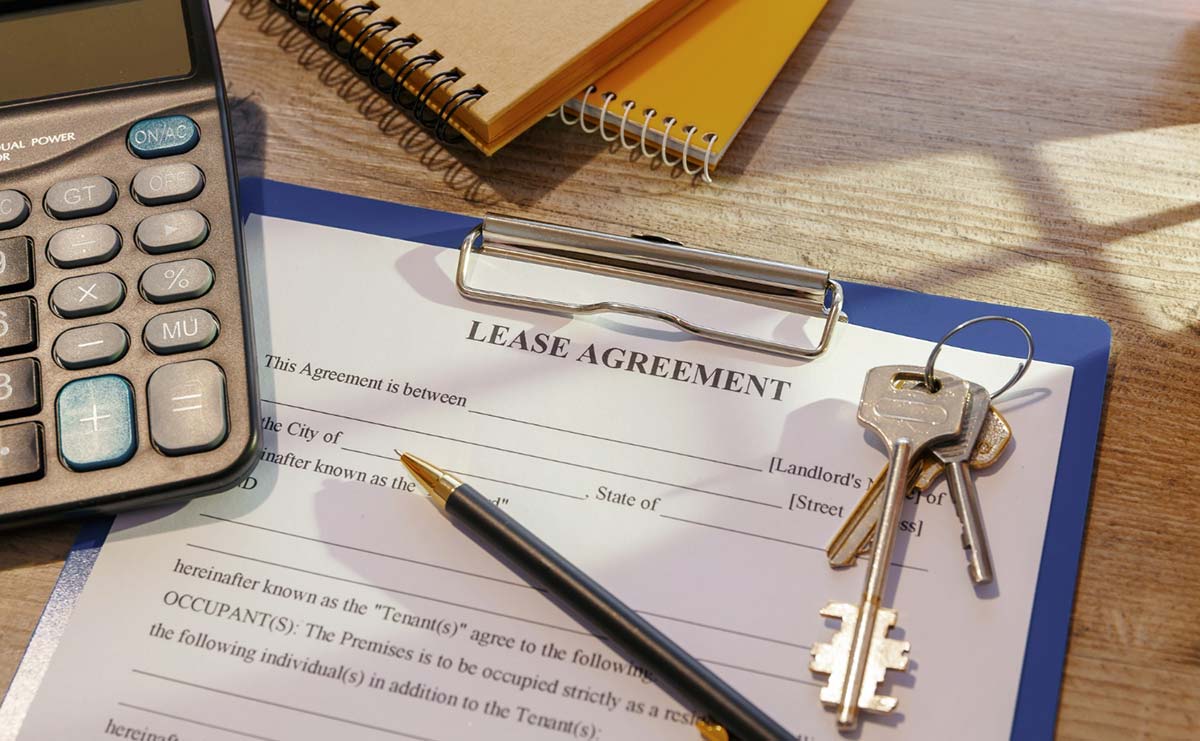Massachusetts Courts | Legal Forms – Summary Process-Eviction Answer
Summary Process-Eviction Answer – Massachusetts Courts
This form titled “Summary Process-Eviction Answer”, provided by the Commonwealth of Massachusetts Housing Court Department, is designed for tenants (defendants) involved in a summary process (eviction) action to respond to a landlord’s (plaintiff’s) complaint. The form includes sections for the trial date, court division, docket number, names and addresses of the parties involved, and space for the tenant’s or attorney’s signature. The tenant must be as specific as possible when filling out the form to ensure their defenses and counterclaims are clearly stated and supported.
The Summary Process-Eviction Answer form is used by tenants (defendants) to respond to an eviction complaint filed by a landlord (plaintiff). Follow these steps to complete the form accurately:
- Header Information
- Trial Date: Fill in the date of the trial.
- County: Select the county where the court is located.
- Court Division: Select the specific division of the Housing Court Department.
- Docket Number: Enter the docket number assigned to your case.
- Plaintiff and Defendant Information
- Plaintiff(s) – Landlord(s): Enter the name(s) of the landlord(s) initiating the eviction.
- Defendant(s) – Tenant(s): Enter your name and any other tenants involved in the case.
- Answer to Complaint
- Specific Denial of Facts: If you disagree with any facts stated in the complaint, check this box and specify the facts you deny.
- Legal Withholding of Rent: If you are withholding rent legally, check this box and provide reasons.
- Retaliation for Exercising Rights: If the eviction is retaliatory, check this box and explain.
- Written Lease Not Expired: If you have a written lease that has not expired, check this box.
- No Notice to Vacate: If you did not receive a notice to vacate and do not have a written lease, check this box.
- Rent Paid on Time: If you have paid any owed rent within the legal time frame, check this box.
- Improper Notification: If you were not properly notified of the court action, check this box.
- Insufficient Facts for Eviction: If the complaint lacks sufficient facts to justify eviction, check this box.
- Incorrect Party: If another person should be the subject of this action, check this box.
- Improper Naming in Complaint: If you were not properly named in the complaint, check this box and explain.
- Pending Eviction Action: If another eviction action is pending against you, check this box.
- Public Housing Tenant Protections: If you are a public housing tenant and the landlord did not obtain the required permission before beginning the eviction, check this box.
- Other Defenses: If you have other defenses, check this box and provide details.
- Request for Time to Move
- If you need more time to find a new place to live, check this box and explain your situation.
- Counterclaim
- Amount: If you believe you are entitled to a refund or damages from the landlord, enter the amount you are claiming.
- Reasons: Provide detailed reasons for your counterclaim.
- Defendant or Attorney Information
- Name: Print your name or your attorney’s name.
- Signature: Sign the form.
- Address: Provide your address.
Additional Tips
- Be Specific: Provide as much detail as possible to support your defenses and counterclaims.
- Use Additional Pages: If you need more space to explain your situation, attach additional pages.
- Seek Legal Advice: While it is not mandatory, obtaining legal advice can help you better understand your rights and improve your chances of a favorable outcome.
By carefully filling out this form, you can effectively communicate your defenses and counterclaims to the court.
Disclaimer: This guide is provided for informational purposes only and is not intended as legal advice. You should consult the Residential Tenancies Act or a legal professional.




